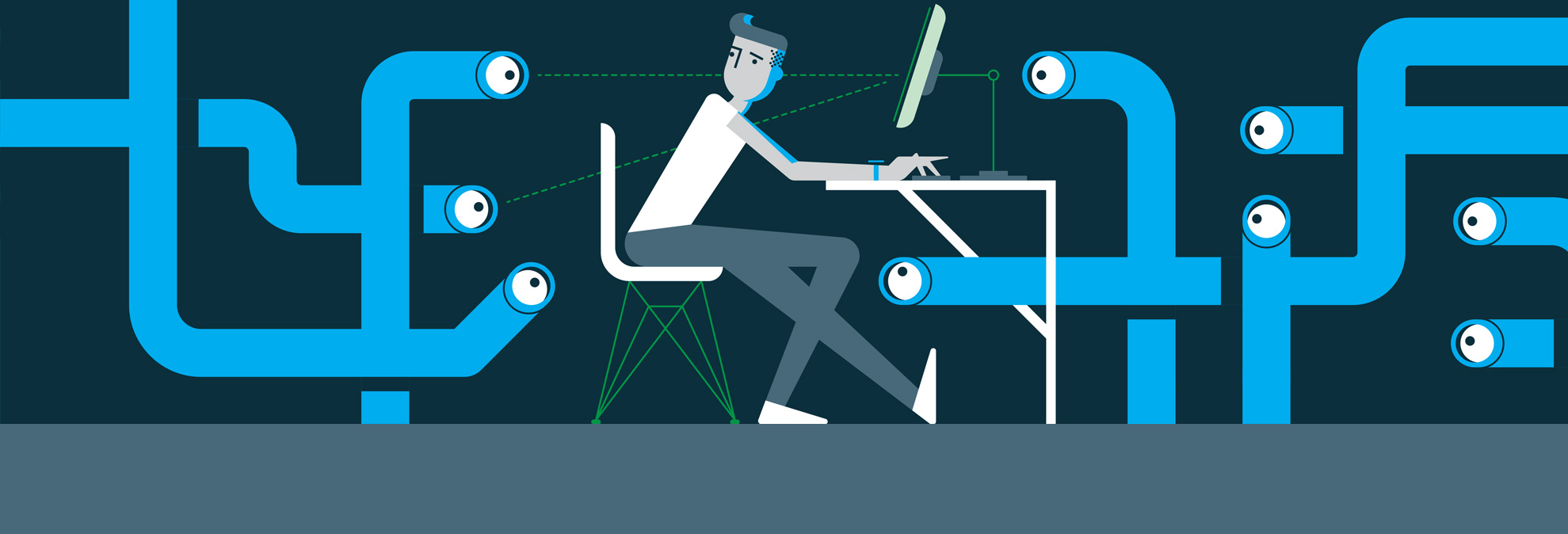Privacy, What Does That Mean?

As technology usage increases globally and more and more innovations and inventions come to be, the privacy of people decreases. You might ask, how? Well, look online and see for yourself. Even looking at your smartphone will show you. On the iPhone, you can see face recognition at play by going onto the photos application. Your friends and loved ones' faces are being recognized and stored into different albums.
Online Life & Permanent Tattoos
The TED Talk by Juan Enriquez discusses online life and compares it to a permanent tattoo. Enriquez explained how tattoos tell a story without a word, and so does the internet. Today, your information can be acquired by anyone. Just googling your name will show that your photos are everywhere. How does this make you feel? If you ask me, I feel pretty exposed. People who do not know me, know what I look like, and from that, they can access different social media platforms I use and find out more about me. This is pretty scary. Additionally, it makes you think, this online footprint will never fade. The words, photos, and videos posted online will forever be there, even if you delete it.
Plate Readers & Your Schedule
Another TED talk by Catherine Crump discusses the usage of plate readers by the police departments. This is done in the United States and also in the United Kingdom. Crump explains that the date, time and location of people driving their cars are stored and compiled into a single database. Cameras with plate readers will even capture who you are with and what they look like. Police departments explain they hold onto this information "just in case they need it someday." Plate readers are to find people who are the culprit of wrongdoings, but why does it capture everyone's information? What if the database with all this information got hacked? This is food for thought. Personally, I do not like that my location and schedule is stored somewhere without me knowing.
Phone Conversation With the Government
A TED talk by Christopher Soghoian explains that phones are tapped for surveillance reasons. Phones and networks used to be able to tap into conversations and read messages sent. The government can hack and listen in to any conversation. This is to catch bad guys, but not everyone is bad. Recently, encryptions have been made to ensure privacy and safety. This does mean that tapping into phones will be harder, but it respects everyone's privacy and safety. It is important to remember that what you say through technology is not private and taking precautionary actions to ensure privacy is important for not only your safety but for your privacy.
Your Worst Nightmare & Private Pictures
Lastly, the TED talk by Darieth Chisolm talks about revenge porn or digital domestic violence. This is also known as cyber-harassment or cyber-bullying. This TED talk discusses the aftermath of photos taken without consent and then posted online. Chisolm talks about what happens when someone's naked body is posted online. Depression, suicide and anxiety rates have gone up and the statistics of how prevalent of an issue this is is alarming. Not much legislation has been done to prevent this and the punishments for it are demeaning. This is a privacy breach on steroids and it happens to people every day. It is important to consider who your partner is and what you send them.

Comments
Post a Comment